The most common pathology of the male genitourinary system is prostatitis. According to statistics, every 10 adult patients are diagnosed with prostatitis. Without proper treatment, the disease can progress rapidly, causing serious complications and affecting a man's sex life.
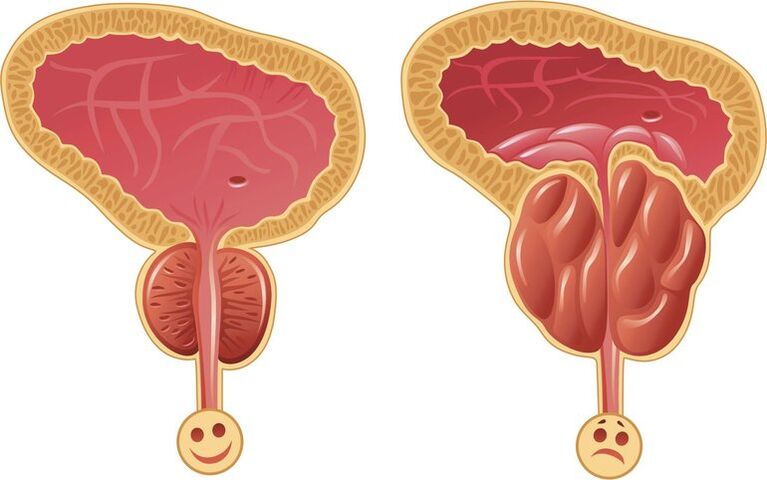
symptoms of disease
Any disease is easier to treat when it is diagnosed early. Prostatitis occurs in acute and complex forms - chronic, in the case of neglected inflammation of the prostate. Symptoms and treatment of the disease vary, depending on its stage and type. During the acute course of pathology, a person experiences:
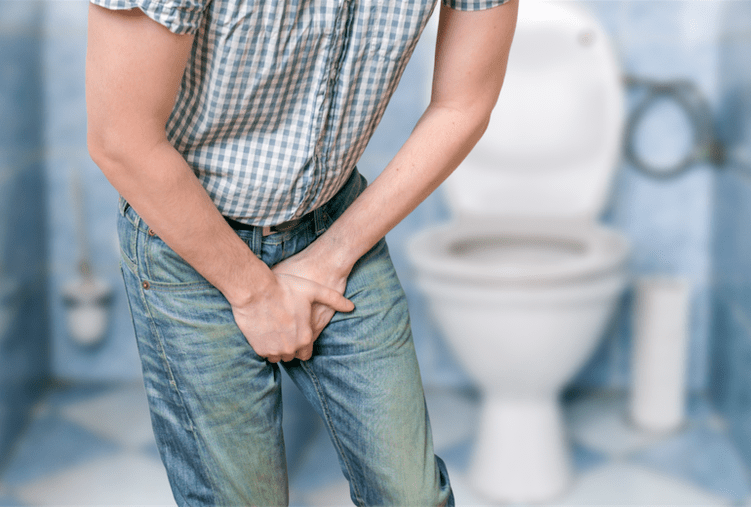
- Difficulty urinating. One of the first signs is urination problems due to narrowing of the ureter. In the early stages, the prostate begins to enlarge and slightly compress the duct.
- Lower abdominal pain, most often disturbed after physical exertion or at the end of the day. Pain is different in feel and intensity: they can be a pull, a cut, a pain. They then spread through the scrotum and penis and into the rectum during bowel movements. The disease causes the occurrence of constipation, which only increases the inflammatory process of the prostate.
- Frequent urination. A person who has not woken up before to empty their bladder may go to the toilet 1-2 times a night during a flare-up. As prostatitis transitions to another form, the urge to urinate decreases. It gives the impression of an overcrowded bladder, after going to the toilet - not completely emptying.
- Visual changes in urine. Impurities of pus or blood can be detected already at an early stage of the development of urine pathology.
- The occurrence of sexual dysfunction. Men experience erection problems and severe pain during ejaculation.
- Body temperature continued to rise around 39 degrees with chills, weakness, and body aches.
Most of the symptoms of the disease are evident. The task of men is to carefully monitor their physical state and its changes, not to miss the first signs and not to allow the pathology to develop into a chronic phase.
In the neglected form, the initial manifestations of prostatic inflammation in representatives of intense sexual activity are almost identical to the acute phase of the disease. But they are accompanied by the following symptoms:
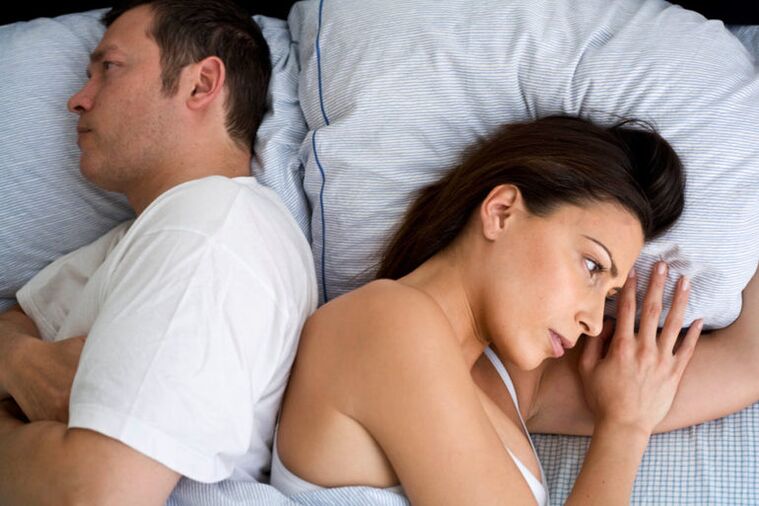
- Decreased libido, loss of erections during intercourse, blood detected in semen.
- Frequent urination, full bladder, white flakes in urine. During exacerbations, men may lose the ability to empty their bladder completely because the inflamed prostate blocks the passage of urine in the urethra.
- Depression, insomnia, or lethargy. Men with conditions such as prostatitis often experience angry or aggressive behaviors associated with psycho-emotional disorders.
In order to avoid errors in making the correct diagnosis, examination by several doctors and different institutions makes sense. As with any other genitourinary disease, symptoms and treatment of prostatitis are not a problem that needs to be delayed or saved.
Development reasons
It is almost impossible to determine the main cause of the pathology. At the same time, the provocative factors are not so few, each of which is serious, especially considering the male neglect of healthy habits. main reason:
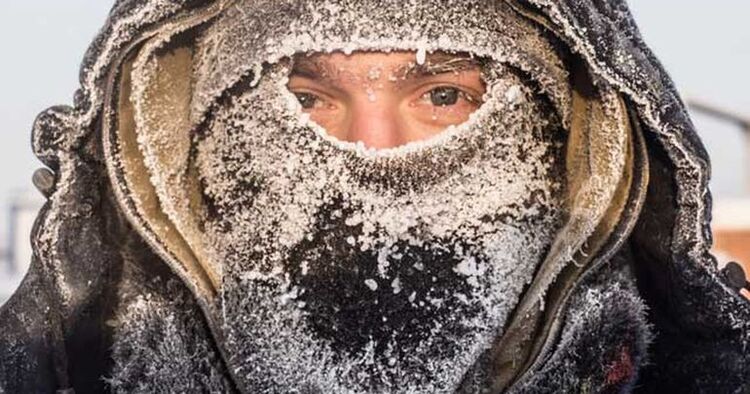
- Congestion forms in the pelvic area. They are characterized by slow blood circulation, in which tissue nutrition deteriorates, edema occurs and the function of capillaries is disrupted.
- low temperature. The men themselves can trigger the development of inflammation of the prostate, even after being frozen once.
- A sedentary lifestyle in which representatives of sexually strong people sit in one position for hours. Equally detrimental are vibration-related work (tractor operators, drivers). With constant shaking, the perineum is injured and the organs in the pelvic area are weakened, which creates additional conditions for the onset of inflammation.
- Metastatic STDs. STIs cannot bypass the prostate. Even with treatment, immunity decreases and the prostate becomes fragile.
- Stool retention. Constipation increases pressure when emptying the rectum, causing trauma to the prostate. In addition, stagnation is exacerbated and reverse absorption of toxins occurs, including in the adjacent prostate.
- extremes in intimacy. Lack and excess of sexual activity can also negatively impact reproductive health. With overactivity, the prostate wears down, and abstinence increases its stagnation.
- Intercourse is interrupted. As a contraceptive method, it is considered ineffective and harmful to men's health. Trying to control physiological processes that are already running can be very detrimental.
- Abuse of alcoholic beverages, malnutrition. These two factors contribute to prostate swelling and malignancy.
- Urological diseases. Due to the close anatomical connection to the reproductive system, inflammatory processes in the urinary system can penetrate lower and affect the prostate.
By identifying what causes inflammation to develop, the urologist chooses treatment individually, while excluding unfavorable factors.
treatment method
Treatment of prostatitis must be comprehensive. After a disease is diagnosed, doctors usually prescribe a personalized treatment plan. For positive results, patients need at least 4-6 months. Today, many different methods are used for treatment, including medication, the use of physical therapy procedures, and massage. In official medicine, these methods are considered the most effective and safest for the health of the strong.

Qualified psychotherapy is considered an equally important measure, since persistent painful feelings and problems in intimate life can have a negative impact not only on the patient's overall health, but also on his state of mind.
medical treatement
Surgery is required when medical measures have not yielded results or when the prostate blocks the flow of urine. Surgery can cause infertility and is not suitable for young men.
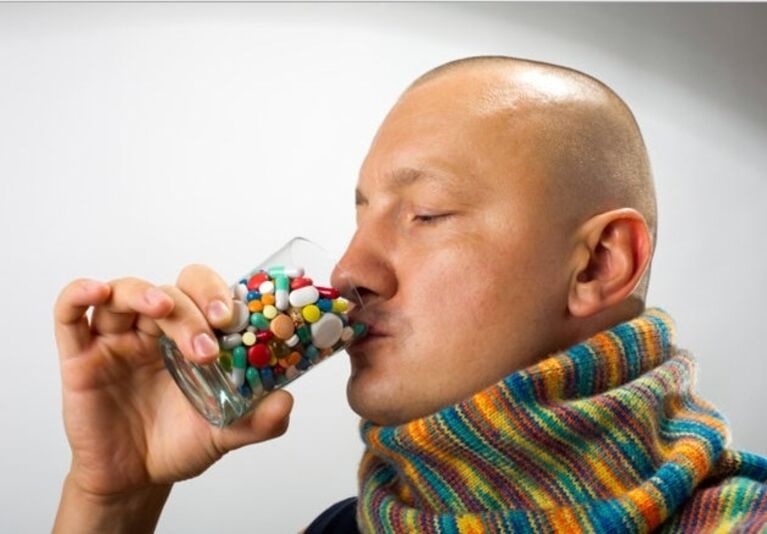
Antimicrobial therapy for infectious prostatitis. Antibiotic treatment is considered moot when the pathological cause is not bacterial or viral. To relax the muscles of the prostate, improve the flow of urine and relieve pain in the perineal area, alpha-blockers are used.
Muscle relaxants will help reduce pain in the pelvic area and remove muscle tension. Seriously ill patients use droppers that contain diuretics, which help release urine in large quantities and prevent further poisoning of the body.
The course of treatment should be completed even if the symptoms of the disease have completely disappeared. Signs of prostatitis usually disappear at the start of antibiotic treatment, but they become chronic when treatment is stopped.
Nonbacterial prostatitis requires different treatment options. It includes taking pain relievers and fever reducers.
Along with the main treatment, the urologist will prescribe supportive therapy, including bed rest, drinking plenty of fluids, and a sitz bath. Patients should follow a diet that restricts alcohol, caffeine, fat, and spicy foods.
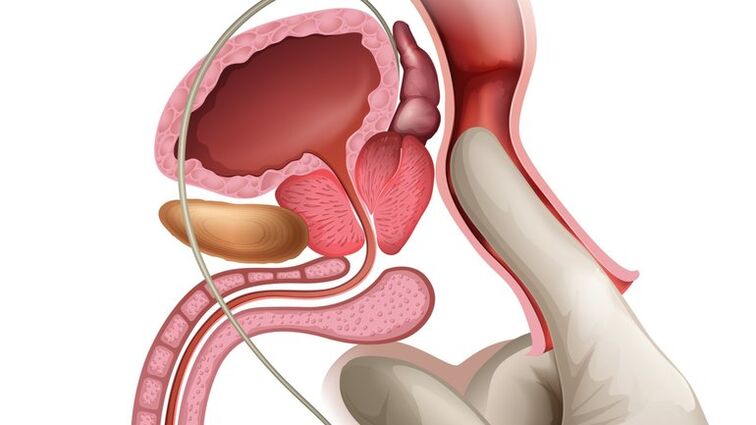
For chronic inflammation of the prostate, the most effective treatment is regular prostate massage to reduce the likelihood of re-inflammation. The course of treatment consists of 10 courses. Contraindications to the procedure are exacerbation of rectal cancer and prostatitis.
Physical therapy is not only used for treatment, but also for prevention. It improves blood circulation, increases muscle tone, accelerates tissue regeneration, and increases cellular permeability. Hypertension, body temperature, epilepsy, cancer, urolithiasis, anemia, kidney and cardiovascular diseases are prohibited from using this method.
The use of rectal suppositories reduces negative effects on visceral function. Suppositories may contain antibiotics, herbal remedies, and antispasmodics. They eliminate swelling, reduce inflammation and restore urination.
Folklore
Home pathology treatments using alternative medicine recipes are only effective in the early stages. There are many ways to get rid of the main symptoms of inflammation:
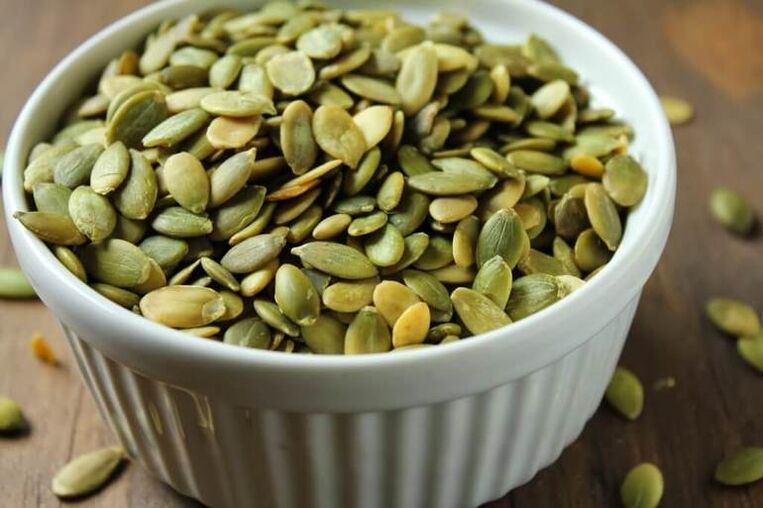
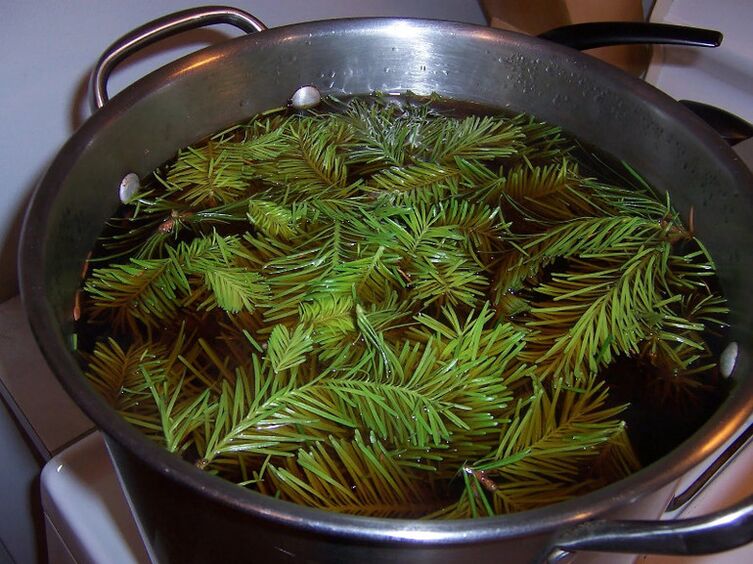
- Grind the fried pumpkin seeds (500 g) in a meat grinder, then add the honey (200 g) and mix well. Balls made with the pumpkin honey mixture are no bigger than walnuts. They dissolve half an hour before each meal, 1 tablet 2-3 minutes. Product is stored in the refrigerator. Pumpkin seeds contain a large amount of zinc, which is necessary for the normal functioning of the genitourinary system.
- Put crushed and dried poplar bark (100 g) in a half-liter jar and pour in vodka (200 g). The container is tightly closed and placed in a dark place to soak. After two weeks, strain the tincture and take 20 drops, diluted in a quarter-cup of water, 3 times a day before meals.
- Honey (1 tsp), eggs (1 tsp) are mixed with rye flour (3 tbsp) and the dough is made into thin suppositories, no more than 1 cm in diameter. Candles are stored in the refrigerator. Insert them into the anus morning and evening after emptying the rectum. The course of treatment is about 4 weeks, then they rest and repeat the treatment.
- Small onions (3 slices) are rubbed on a fine grater, poured in boiling water (3 tablespoons) and left on for a day. The decoction is taken 50 ml every hour.
- Simmer pine branches (200 g) with boiling water (2 liters) over low heat for 2-3 hours. After boiling, the decoction becomes an extract. Prepare this concentrate immediately before taking a hot shower. The water level should not be higher than the middle of the chest. Rub the pelvic area with the medicine for 15 minutes until redness appears. Treatment was performed daily for 2 weeks. The tub is antibacterial, anesthetizes and improves urination.
No matter how good the effect of folk remedies is, it is difficult to compete with the achievements of pharmacology. The most correct and effective solution would be a comprehensive treatment of prostatitis.






























